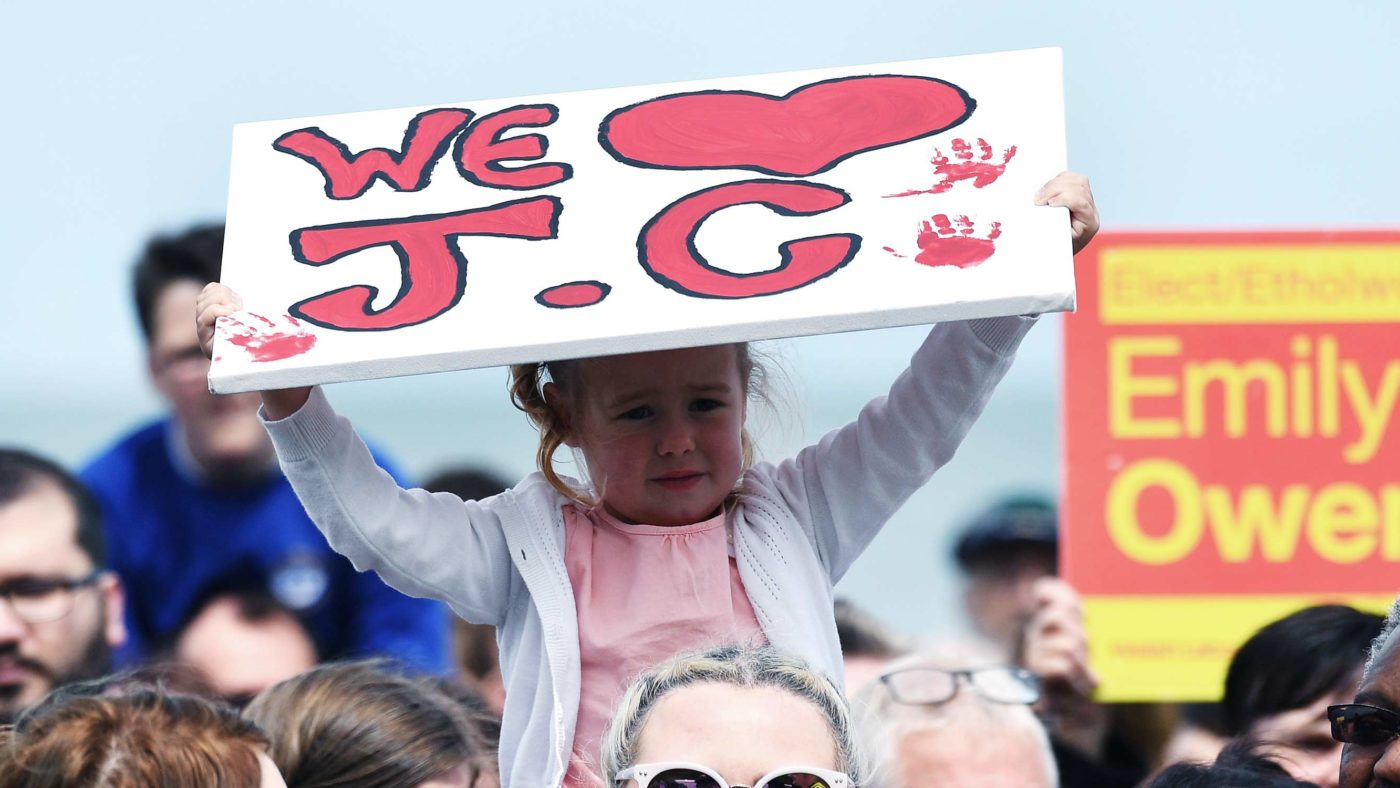They called it “Tory Glastonbury” – but it was more like a therapy session. In a garden in the Berkshire countryside, roughly 200 politicians, businessmen and think tankers gathered yesterday for the Big Tent Ideas Festival. The aim was to identify where the Conservatives have gone wrong – and how on earth they can put it right.
The event, created and curated by the Tory MP George Freeman, was genuinely inspiring. Yet I left it more uncertain about the party’s future than ever. The reason was a short presentation by Andrew Cooper, co-founder of the polling company Populus.
Cooper (whom we interviewed on CapX recently) explained that the best way to think about the electorate is in terms of security and diversity. Traditionally, the Tories win among those who are secure (economically and socially) and not diverse. For Labour, it is the opposite.
What is happening in both Britain and America, said Cooper, is that these axes are rotating. The Tories (and Republicans) are moving down the socioeconomic scale, picking up those – the Brexit- and Trump-voting tribes – who are less affluent and less secure. Their core vote is, in the process, becoming even less diverse and even more nationalistic: Theresa May, astonishingly, got a lower share of non-white voters than Donald Trump.
Alongside this, diversity (and therefore identity) is becoming a more important predictor of voting behaviour than security. If people think that multiculturalism, immigration, the internet, the green revolution and feminism are forces for good, they will vote Labour/Democrat. If they think they are bad, they will vote Tory/Republican.
Numerically, this is not a bad position to be in: in Britain, there are more votes among the “closed” than the “open”. The problem is that these voters are inefficiently distributed: in 2017, the Tory vote went up by most in Northern seats that the party will never win, and down by most in key swing seats in places like Oxfordshire, Berkshire and London.
Meanwhile, as Cooper put it bluntly, the party’s current voters are dying off. And yes, some of the young Corbynites will drift to the right as they age – but as Cooper said, there are few signs that voters who believe the internet and feminism are good things will suddenly change their minds about them when they hit 50.
The Tories, in other words, need to win back some of those “open” voters, especially the young (among whom the party’s long-term prospects are abject). But can they do that without alienating the “closed”? The 2017 election offered a pretty convincing argument that it’s virtually impossible to appeal to both groups at once. Meanwhile, the great reorientation that Cooper is describing – which Theresa May and Brexit hastened but certainly did not cause – will constantly be dragging them in the other direction, not to mention making it harder to appeal to those upscale voters.
Yet even if the Tories can come up with the policies and message to appeal to younger voters, will anyone be listening? As another panellist pointed out, young people are getting their news from their social media feeds, not the traditional media with which the Conservatives are more comfortable. And the overwhelming majority of the political stories fizzing round Facebook depict the Tories not as misguided but actively malevolent – a party of privileged scumbags who hate both the public services and the people who use them.
The situation is hardly hopeless, especially not with the current leadership of the Labour Party. But it does show the sheer scale of the challenge facing those, like Freeman, who are trying to reinvigorate their party – and how vital such efforts truly are.
This article is taken from Robert Colvile’s Weekly Briefing email for CapX. Sign up here.


